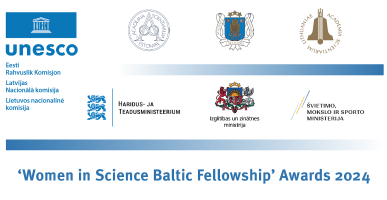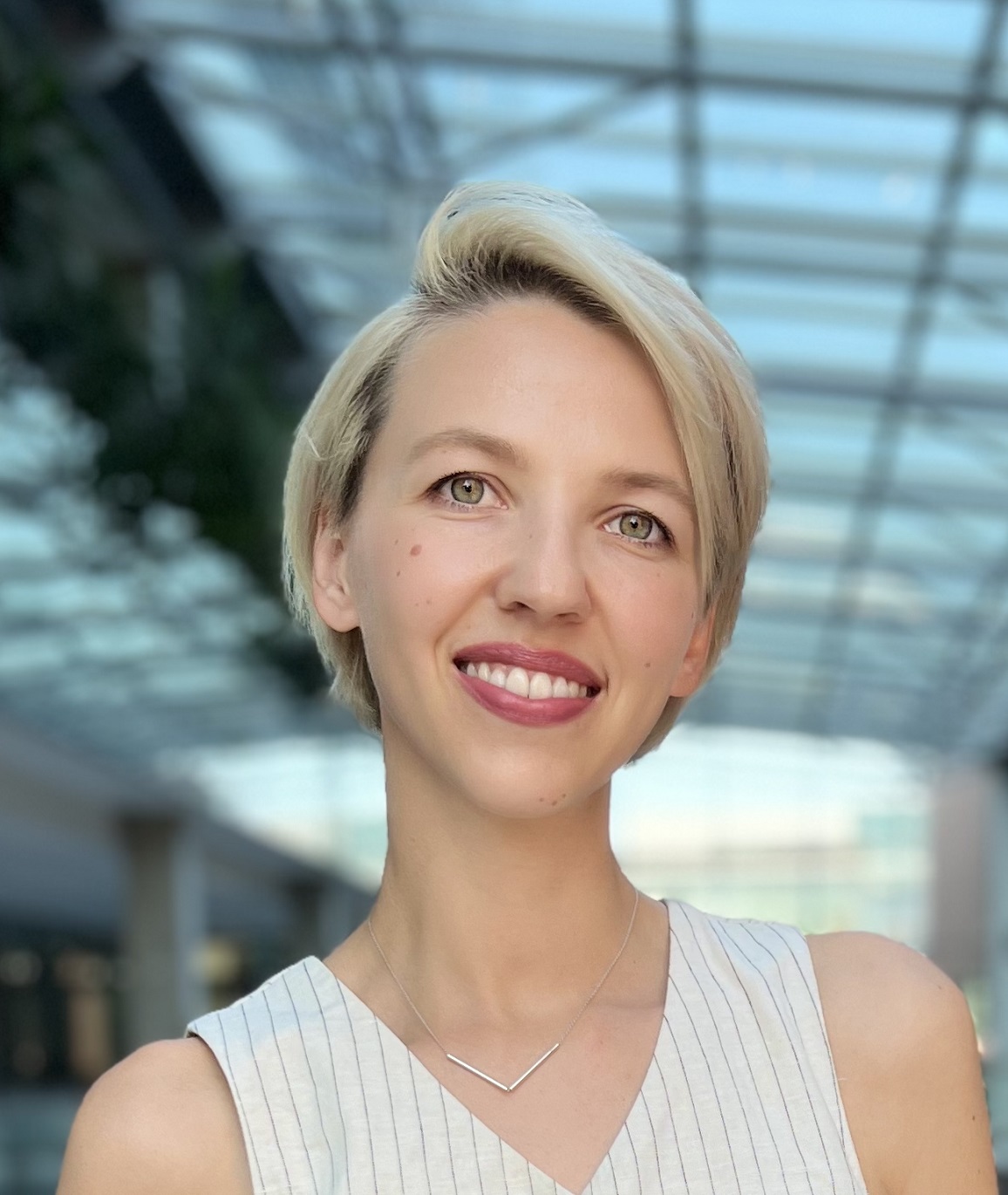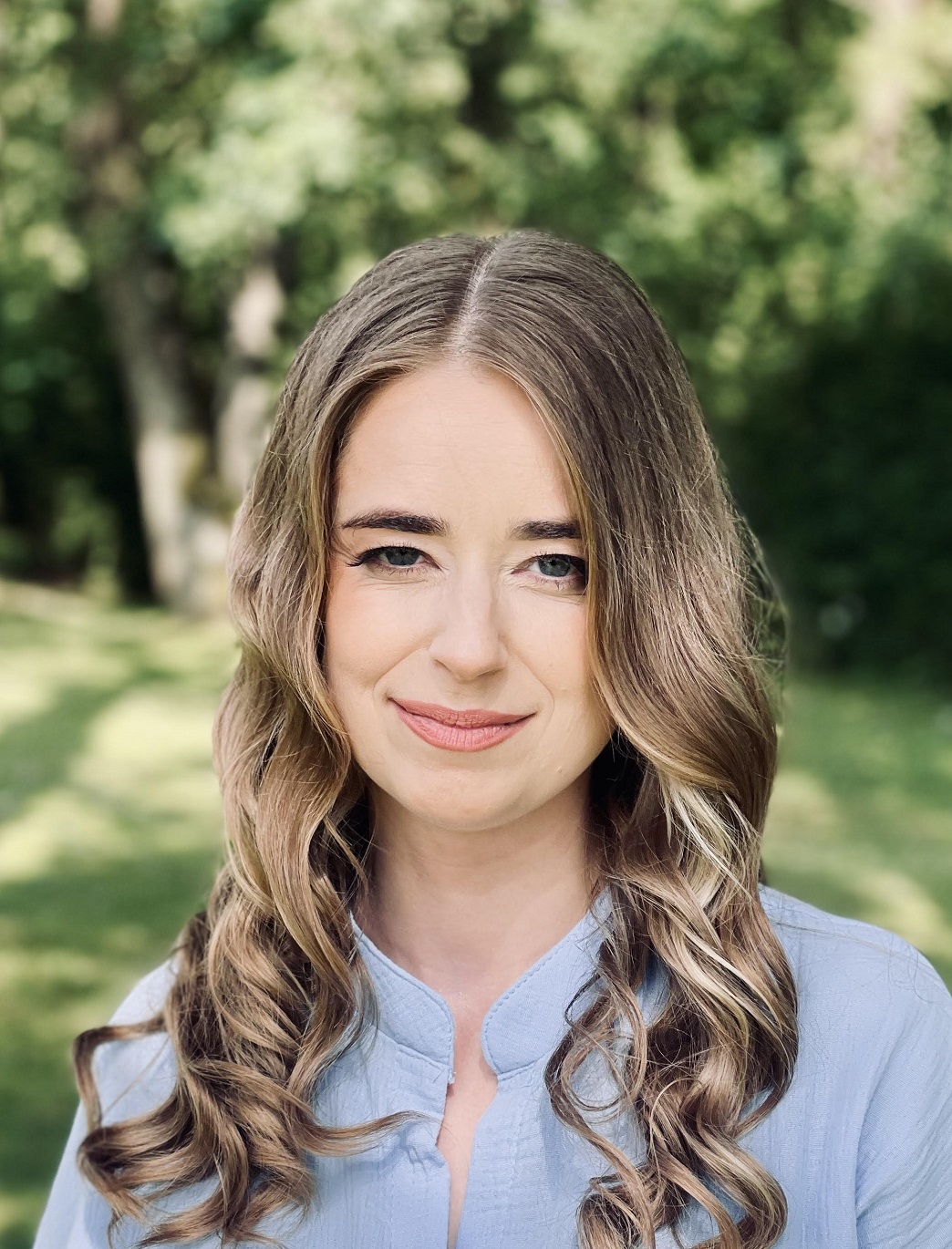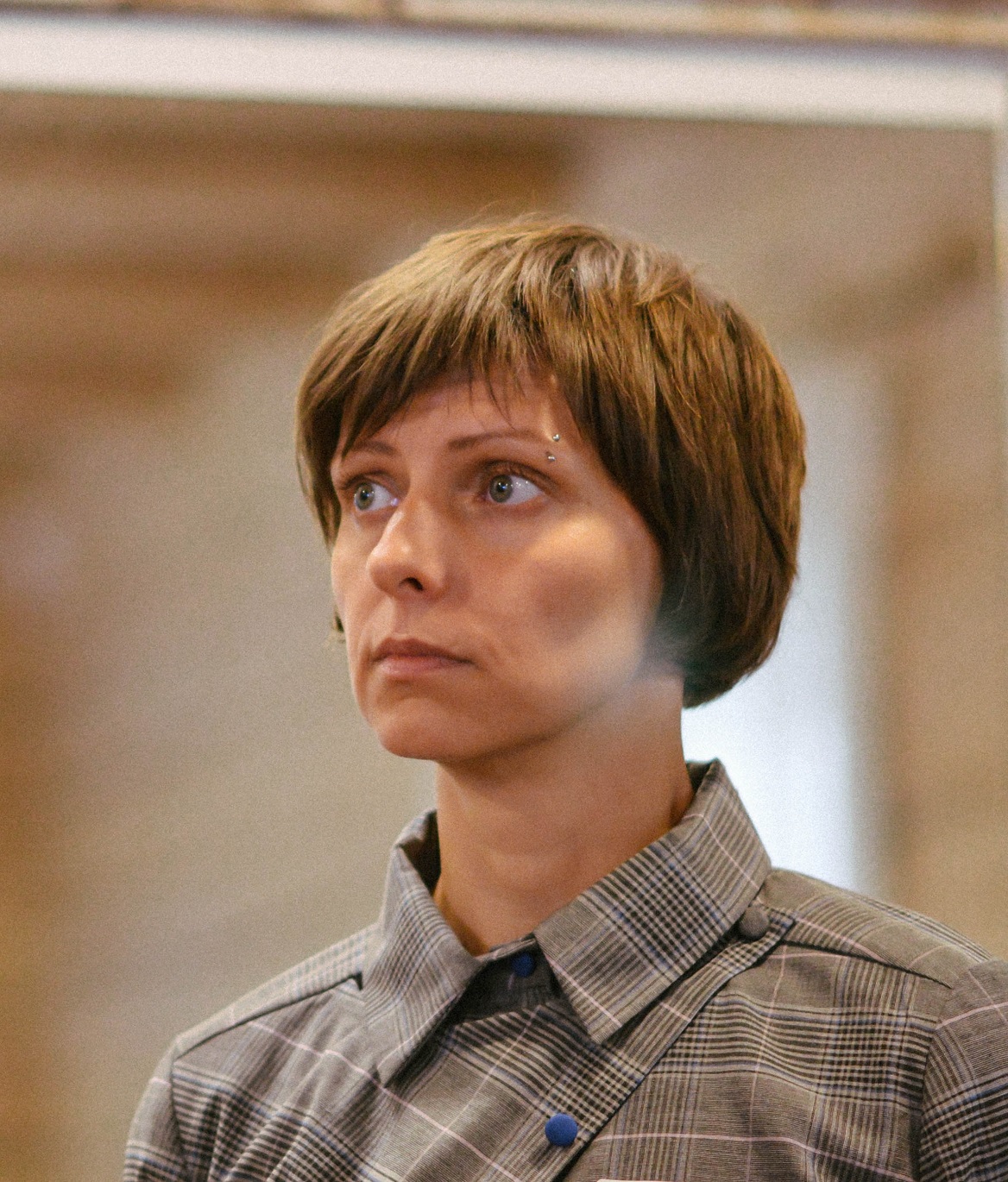Events
Lithuanian Researchers Winners of the ‘Women in Science Baltic Fellowship’ Competition
11 11 2024
This year, researchers Greta Varkalaitė, Šarūnė Daškevičiūtė, and Viltė Janušauskaitė are the Lithuanian winners of the ‘Women in Science Baltic Fellowship 2024’ competition, which was organised by the three Baltic academies of sciences and the national UNESCO commissions. They will each receive a €7000 scholarship in recognition of their achievements in research and related activities and to advance their careers in science.
On Tuesday, 12 November, the Lithuanian Academy of Sciences in Vilnius will host the award ceremony for the nine winners of the 2024 competition from the three Baltic countries. The ministers of education and science are expected to congratulate the laureates, with the participation of the heads of the national academies of sciences and UNESCO secretariats. The event will be held in English, and from 1:00 pm will be broadcast live from the Grand Hall of the Lithuanian Academy of Sciences.

Dr Greta Varkalaitė. Photo: personal archive.
Dr Greta Varkalaitė, a researcher at the Institute of Digestive System Research, the Lithuanian University of Health Sciences, aims to improve the early diagnosis of gastric cancer.
To achieve this aim, she intends to use spatial transcriptomics, titled the method of 2021, to identify molecular changes during gastric carcinogenesis and to assess biomarkers associated with pre-cancerous and neoplastic conditions. The latest studies show that this enables the analysis of rare cell populations responsible for cancer progression, tumour subtypes, and important factors in the cancer microenvironment.
Her work will not only contribute to the fundamental knowledge of the underlying molecular changes that occur during gastric carcinogenesis, but may also be of clinical benefit in the diagnosis, prognosis and treatment of the disease.

Šarūnė Daškevičiūtė, a PhD student. Photo: personal archive.
Šarūnė Daškevičiūtė, a PhD student at the Faculty of Chemical Technology, Kaunas University of Technology, contributes to one of the United Nations Sustainable Development Goals: affordable and clean energy. She works in a laboratory headed by Academician Vytautas Getautis, which is developing and researching new materials for solar cells. Currently, polycrystalline silicon solar cells are most widely used, but they are expensive and difficult to produce. Perovskite solar cells (PSC) are rapidly gaining ground as a low-cost alternative, with a sensational increase in efficiency from 3.8% to over 26% in the last decade. A very important part of the design of these PSCs is the charge transport layer, which – usually an organic semiconductor codenamed Spiro-OmeTAD – is still quite expensive. Šarūnė Daškevičiūtė syntheses and researches alternative organic materials that would be cheaper and more stable.

Dr Viltė Janušauskaitė. Photo: J. Jakštaitė.
Dr Viltė Janušauskaitė combines her research and teaching at the Faculty of History of Vilnius University with her varied practical activities as an architect and historian. She is planning to prepare a monograph in English, to be published by a foreign publishing house, which will be based on new unpublished material and her doctoral thesis.
It will reflect the history of urban heritage protection in Soviet-occupied Lithuania in comparison with international heritage protection contexts, from the level of ideas to the case histories of everyday life: Estonia – the level of the former USSR, the Czech Republic – former Czechoslovakia, from which the regeneration methodology was adopted, and France – the level of the secteur sauvegardé (protected part of the city) concept.
In Estonia, 29 female researchers applied, 21 of whom working in the fields of the natural sciences, engineering and technology, or medicine and health sciences (including 11 PhD students) and eight holders of doctorates in social sciences. Fifty researchers in the fields of the natural sciences, engineering and technology, or medicine and health sciences, and 13 in the humanities and social sciences applied for this competition in Latvia. In Lithuania, there were 35 applicants in natural, technical, and health sciences (including 12 PhD students), and 16 researchers competed in the humanities and social sciences.
For more about the Estonian and Latvian winners, see the websites of the Estonian Academy of Sciences and the Latvian Academy of Sciences.
Andrius Bernotas, Head of the Organising Department of the Lithuanian Academy of Sciences
Translated by Diana Barnard
